In the last decade genome editing using CRISPR/Cas9 technologies has become a powerful perturbation technique that is used across nearly all fields of biology. During this two-week, hands-on session at The Salk Institute, students will learn how to use different CRISPR/Cas9 techniques to create genome-edited cell lines in culture. They will perform hands-on wet lab experimentation in cancer cells, while also being exposed to several other biological systems where genome editing is heavily used outside of cancer. The goal of this track is to train students to create their own knock-out cell lines applicable to their thesis project when they return to their home labs (with the help of a $1,000 pilot grant from Salk).
Salk Edge Summer Program
Overview and Goals

Friday, January 23, 2026
11:00 a.m. – 12:00 p.m. PT
Salk Edge is a two-week, technique-intensive summer initiative designed to equip PhD students with advanced research skills and professional development tools for successful careers in science. This program focuses on training students in cutting-edge laboratory techniques while also offering soft skills workshops on topics like grant writing, networking, and scientific communication. Participants engage directly with Salk faculty and labs, helping build valuable future postdoctoral connections.
Primary program goals:
- Provide participants with high-quality instruction and innovative research techniques.
- Help to enhance soft skills needed to succeed in postdoctoral positions in top-tier labs.
- Gain access to cutting-edge scientific equipment needed to carry out scientific research.
- Provide participants with networking opportunities with Salk faculty.
In addition to providing roundtrip travel and housing accommodations, the students will be awarded a $1,500 pilot grant to help implement these new technologies at their home institution’s PhD lab.
2026 Program Dates: August 17-28, 2026
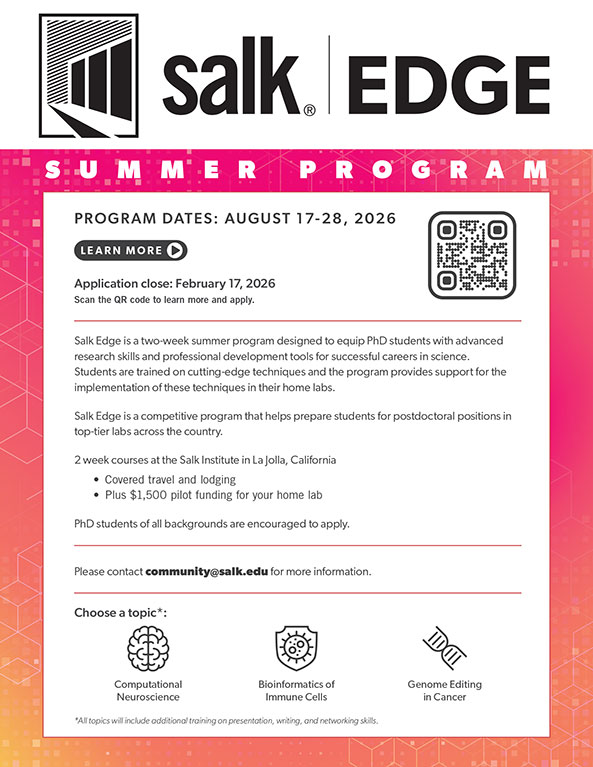
Download Flyer »
Eligibility Requirements
Applicants must:
- Be a current PhD student who has chosen a lab for their thesis work.
- Be able to commit to the full program dates in person.
- Be travelling from within the United States
Application Requirements and Tips
Applicants must complete an online application and submit their resume and curriculum vitae (CV).
Applications will be open from December 15, 2025 – February 17, 2026
*Students of all backgrounds are encouraged to apply. This program aims to build and sustain a strong biomedical research pipeline to advance the Institute’s mission for training the next generation of bold, innovative scientists.
Click here to review the Salk Edge Program Terms and Conditions
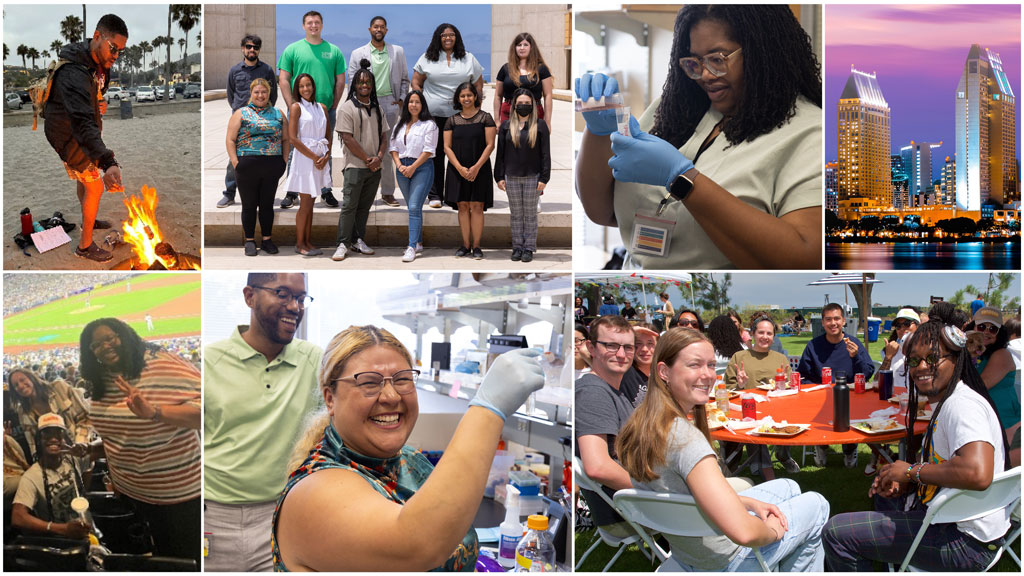
Program Structure
During the program, students will spend the morning in their track-specific sessions. Lunch will be provided each day throughout the program and include networking sessions with Salk trainees, faculty, and staff. Afternoon sessions will be dedicated to in-depth and hands-on soft skills workshops led by Salk faculty, postdocs, and staff.
Sample itinerary:
9:00 a.m. – 12:00 p.m. | Genome editing in cancer track session
12:00 – 1:00 p.m. | Networking lunch with Salk postdoctoral fellows
1:30 – 5:00 p.m. | Soft skills workshop: How to give an elevator pitch
Soft Skills Trainings
Throughout the two-week program, Salk Edge participants will attend daily soft skills workshops on the following topics:
- Networking
- Elevator pitches
- Scientific communication
- Grants
- Introduction to grants
- How to write an aims page
- Resources and peer review
- Effective mentorship
Pilot Funding
Upon completion of the program, each participant will be awarded a $1,500 pilot grant to be used for implementing new research techniques in their PhD labs upon their return.
These funds are intended for the student to employ new technology during their PhD studies. These funds must be used by the PhD student’s home lab and can be used to purchase reagents, supplies, or recharges for shared facilities.
The pilot funds cannot be used to support the salary of the student or other personnel, animal costs, or travel.
Salk Edge Program – Track Topics
Genome editing in cancer Details»Computational neuroscience Details»
Bioinformatics of immune cells Details»
Contact Us
If you have any questions about the application or Salk Edge program, please contact us at community@salk.edu.
Past Cohorts
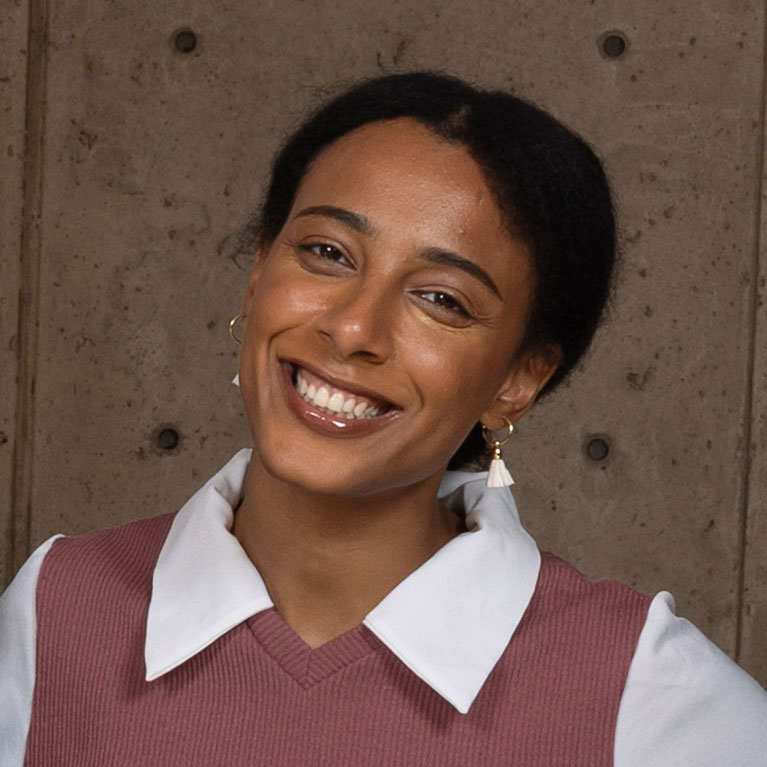
Howard University
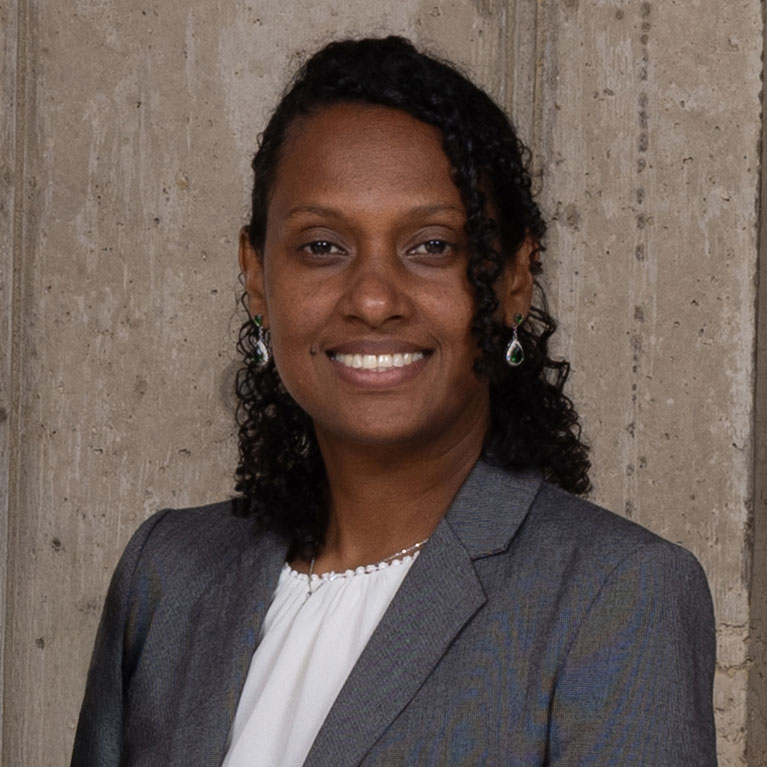
UT Health at San Antonio
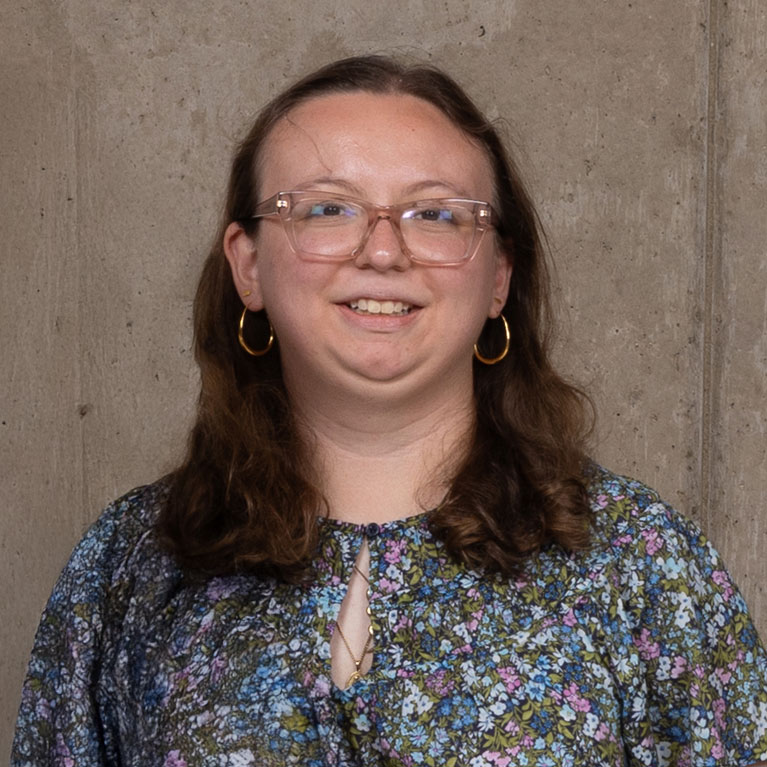
Medical University of South Carolina

MIT

Baylor College of Medicine
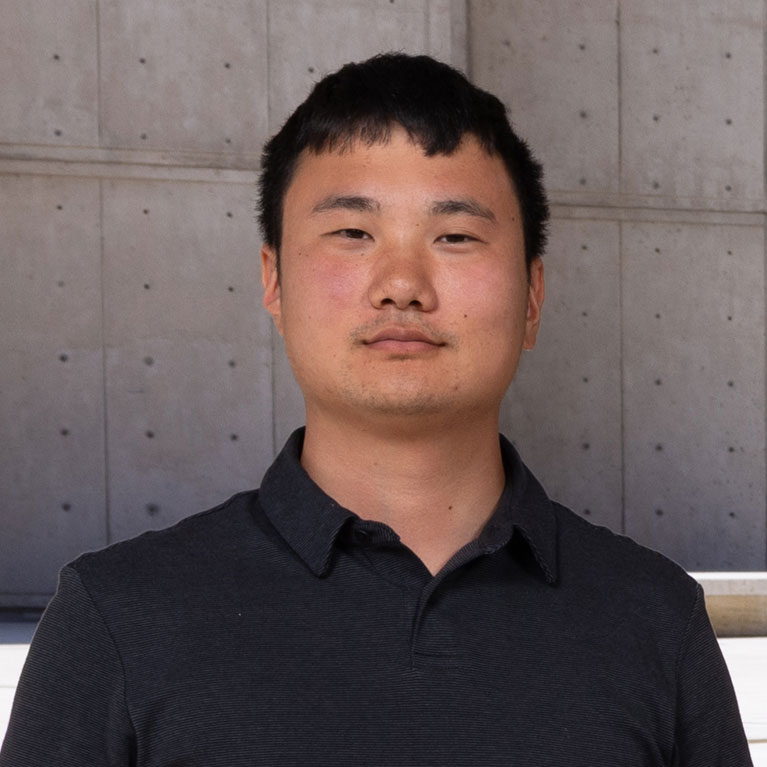
Arizona State University
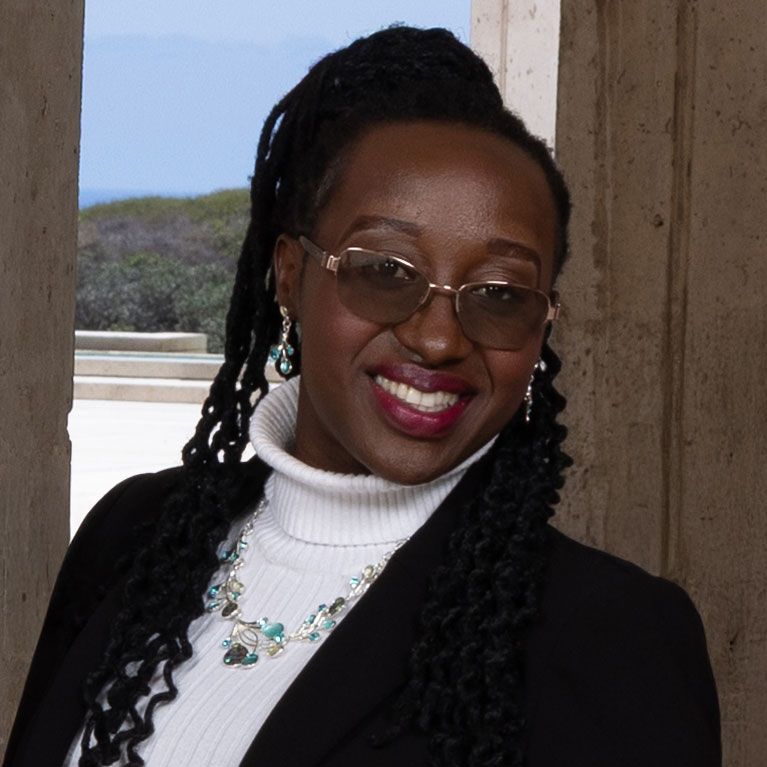
UT Health at San Antonio
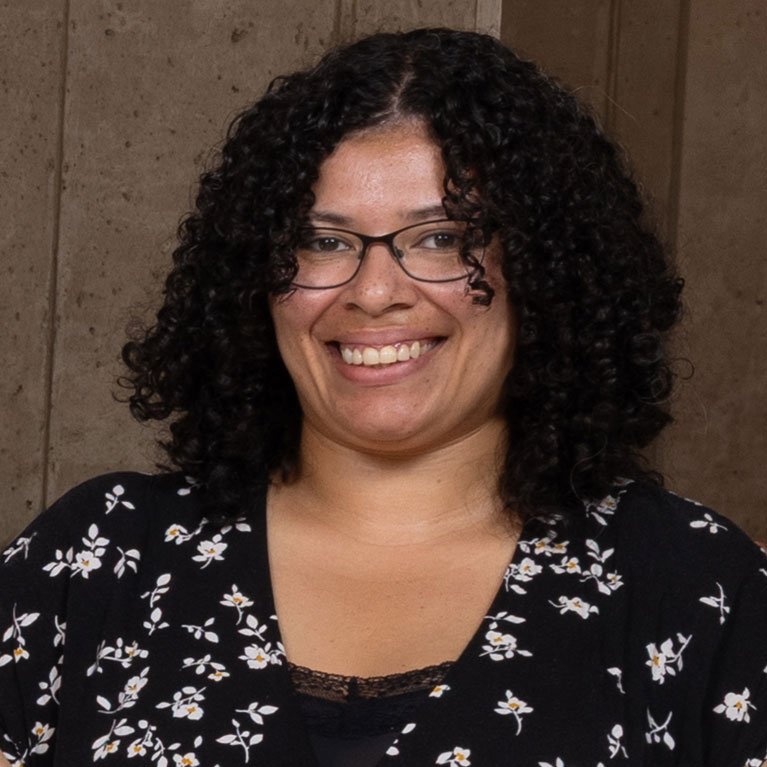
University of Glasgow
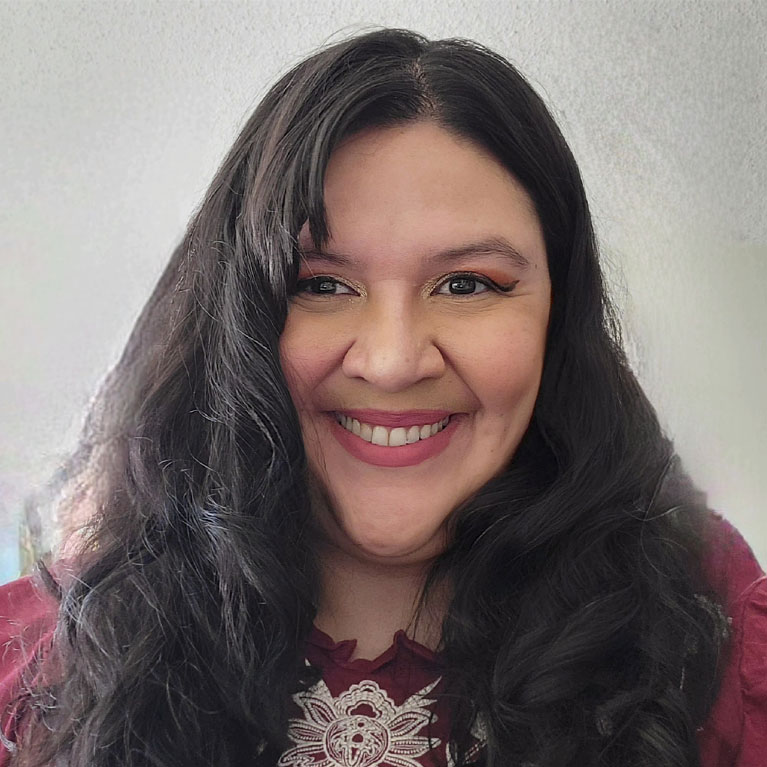
University of California, Davis
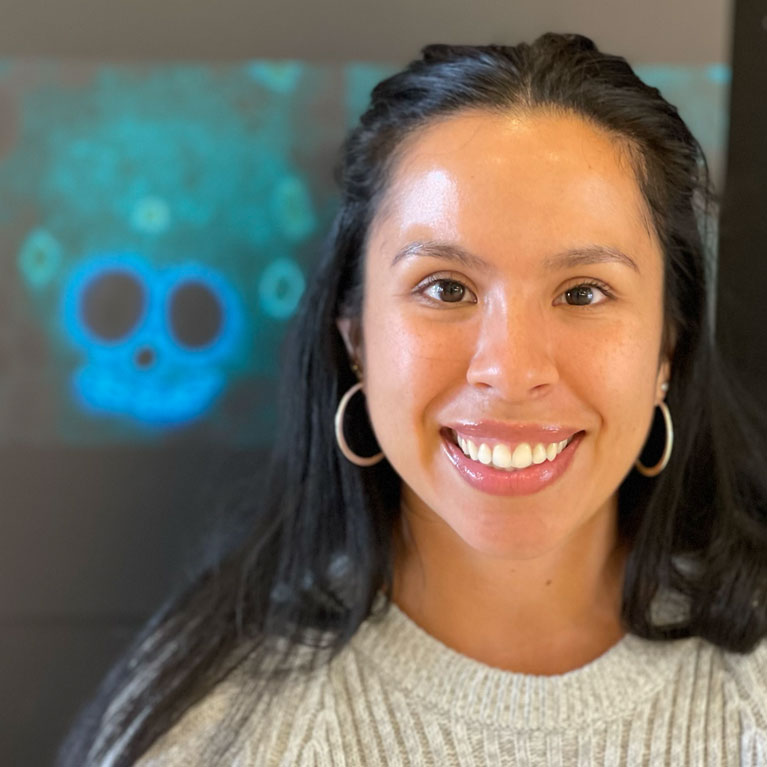
Clemson University
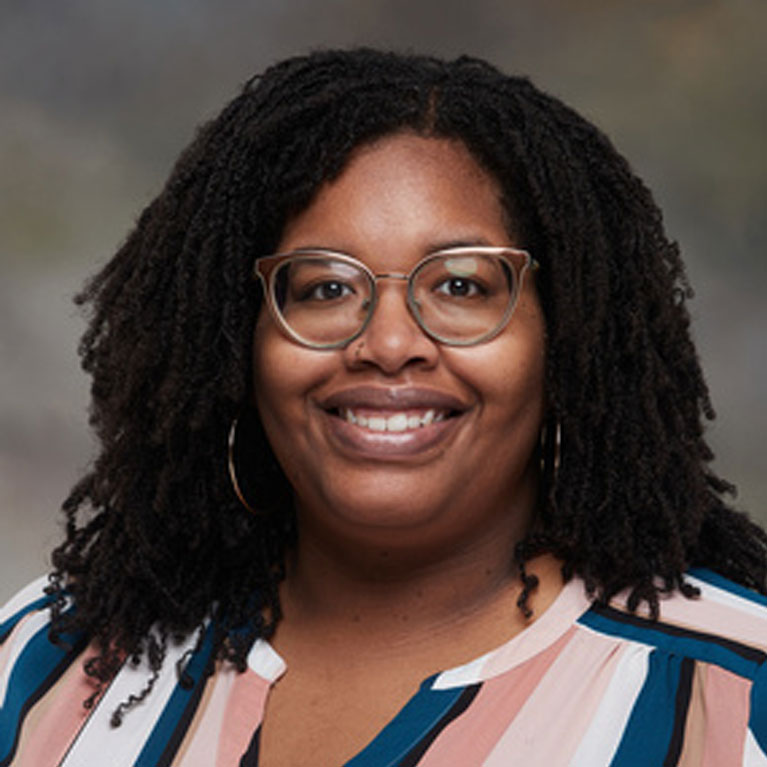
UT Health San Antonio

Clark Atlanta University
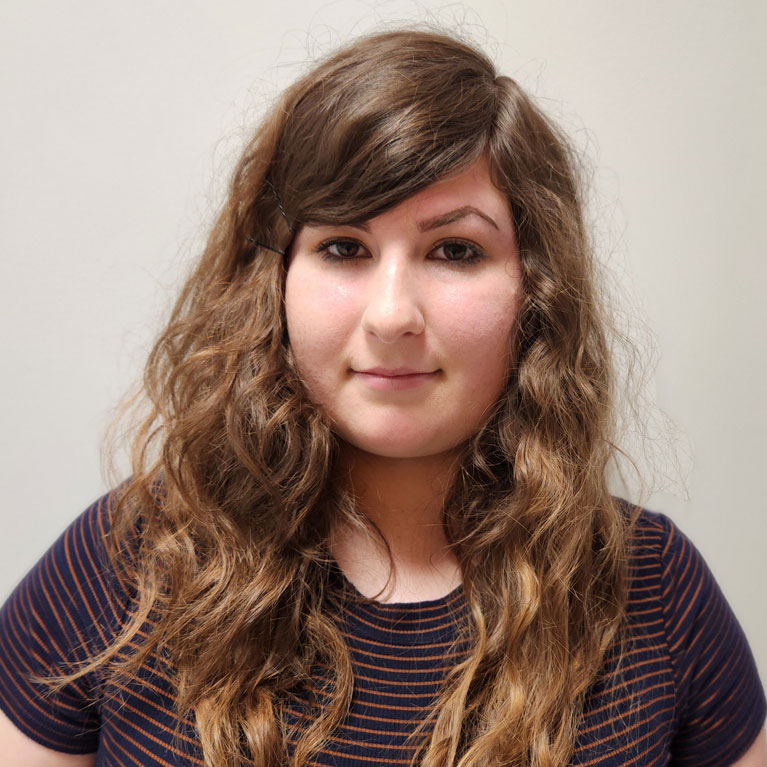
Medical University of South Carolina
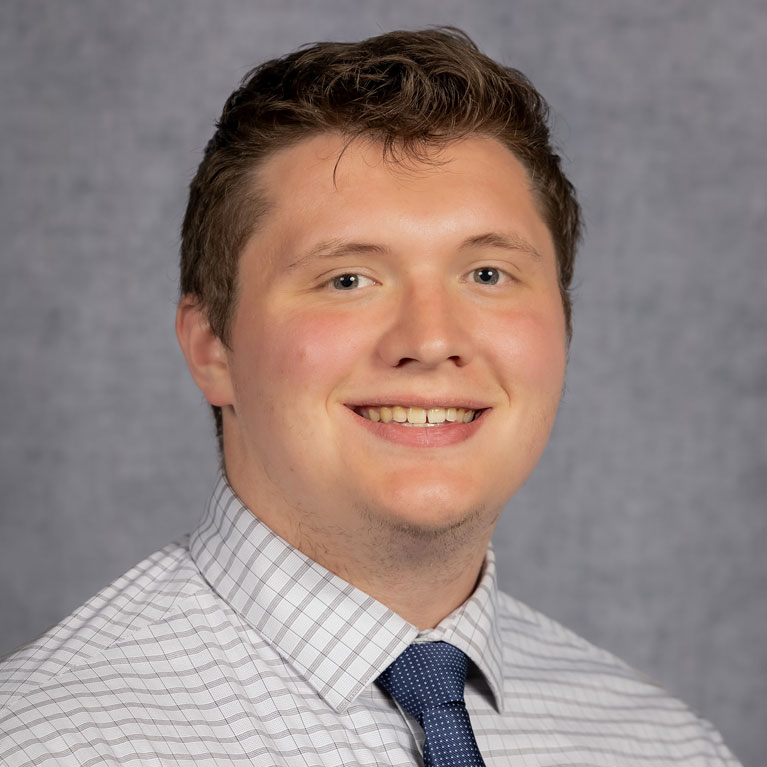
Georgia Institute of Technology / Emory University
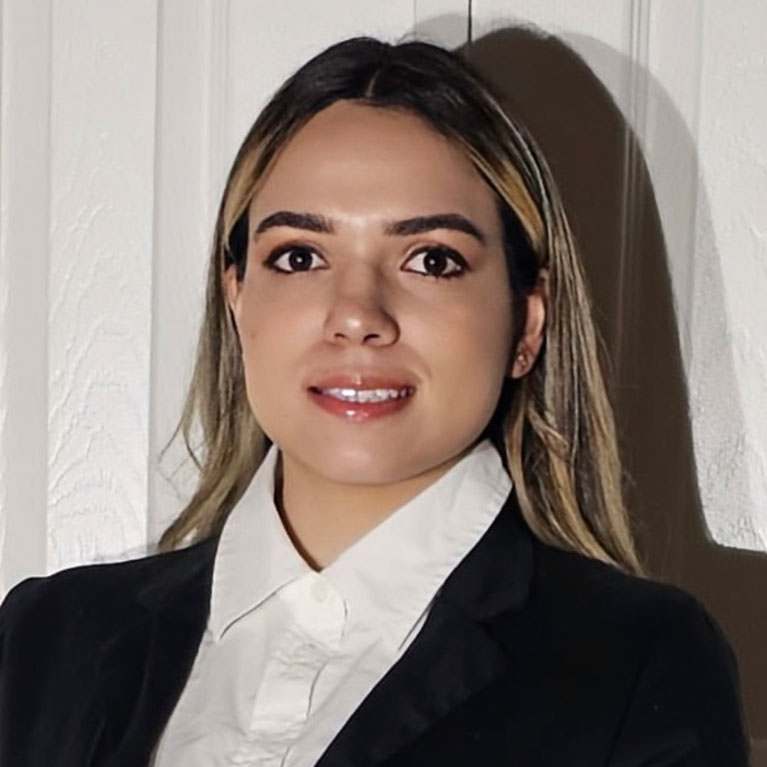
University of California, Davis

University of Colorado, Anschutz Medical Campus
